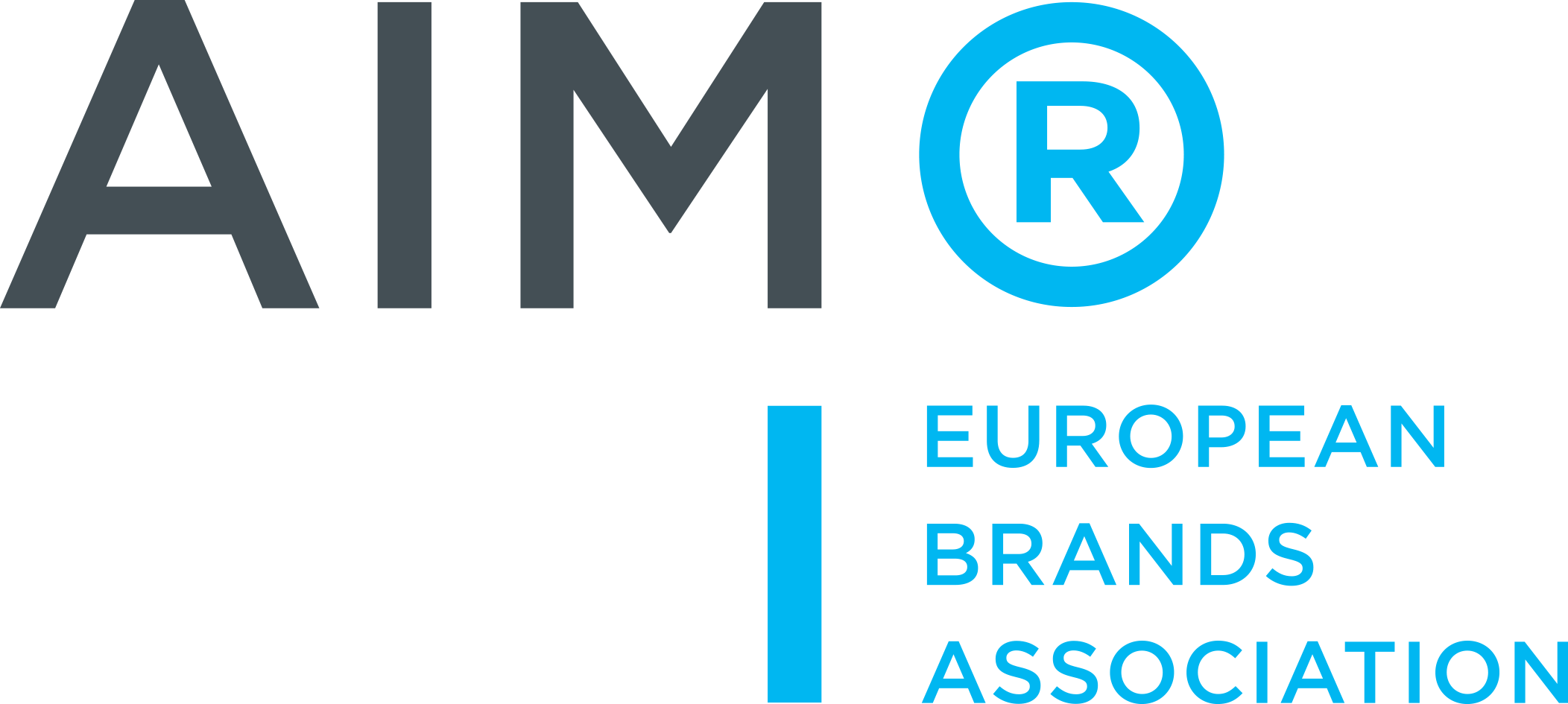
News & positions
AIM Position on the review of the Horizontal Guidelines
AIM has published its contribution to the EU Commission’s Open Consultation on the review of the horizontal guidelines . AIM agrees with the Guidelines that joint-purchasing agreements may, in the right circumstances, generate procompetitive efficiencies.
At the same time, the Guidelines correctly note that buyer cooperation can raise a number of competition concerns, both in the upstream market where suppliers compete and in the downstream market where buyers compete. The concerns that the Guidelines identify include the impairment of suppliers’ ability to compete and to innovate, the facilitation of collusion among cooperating buyers, and the foreclosure of independent buyers.
Since 2010 the retail landscape has changed considerably. New forms of buyer cooperation have proliferated, which do not involve genuine integration of buyer activities, but operate as naked mechanisms for the aggregation and exploitation of market power. These groups do not to buy together nor set up common logistics solutions. No efficiencies are achieved; on the contrary, such complex buying arrangement with multi-tier negotiation reduces efficiencies
The abusive behaviour of powerful European retail alliances, in their role as gatekeepers determining access to, and the proper functioning of, EU markets is an increasingly problematic issue for the EU economy. AIM is calling for the Commission to review the Horizontal Guidelines . The Guidelines should provide for a more differential treatment of different forms of buyer cooperation. In particular, the Guidelines should distinguish between genuine integration of buyer activities and naked mechanisms for the aggregation and exploitation of buyer power. The Guidelines should recognize that arrangement that are limited to the aggregation of market power are restricting competition within the meaning of Article 101(1) TFEU. They are not likely to be exempted under Article 101(3) TFEU.

